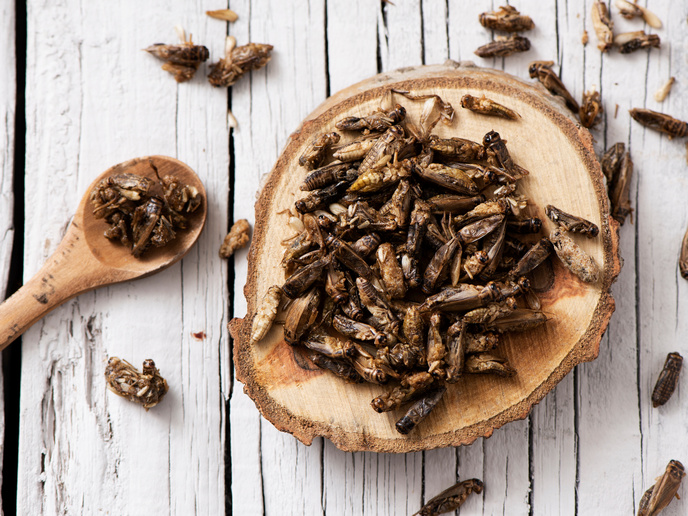Improving wheat plants' health and maximising consumer's benefits
The EC-funded FUCOMYR project set out to use molecular and genetic tools to identify those genes that could confer resistance to fusarium fungal infection in wheat. The mycotoxins produced by fusarium species can be extremely pathogenic to humans. It is therefore of great importance to develop methodologies that can protect wheat populations as well as consumer health. By developing appropriate selection tools, project partners aimed to isolate those plants that are naturally resistant to infection and based on their genetic characteristics develop fusarium-resistant wheat varieties. Austrian-based partner, the Institute of Applied Genetics and Cell Biology, focused on the creation of DNA libraries and plasmids carrying resistance genes. The availability of the resistance plasmids in sufficient quantities was a crucial aspect of the project since the plasmids were required for the transformation of wheat plants. The transformation process would ensure that the resistance trait could be passed from generation to generation, essentially establishing a new fusarium-resistant wheat variety. The stability and "longevity" of the transformation process is very much dependent on the plasmid composition and therefore, further studies need to be conducted before it can be thoroughly established. These protocols could provide tools for plant biotechnology in numerous aspects.







